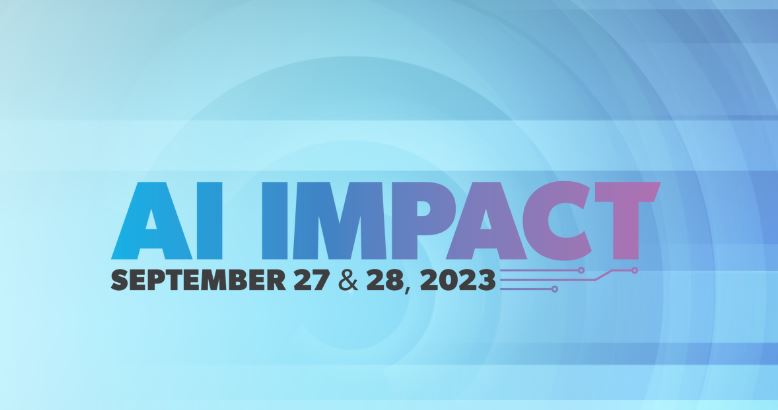As the US updates its infrastructure, the construction, architecture and engineering sectors doing the work also are transforming. Once slow to adopt new technologies, these industries are embracing the automation and intelligence gained from incorporating artificial intelligence and machine learning. These tools allow them to better design, build and operate structures and projects.
Emerging opportunities for AI will be discussed by corporate leaders such as Patrick Murphy at Togal AI, Zack Kass at OpenAI and Chip Kleinheksel from Deloitte during AI Impact. Organized by industry specialists at SmartBrief, this inaugural online event takes place Sept. 27-28. Register here.
Software systems that quickly make sense of large amounts of project data can help firms identify potential design flaws, operational inefficiencies and customized solutions. This can save time and money. The goal is sustainable, resilient infrastructure that will be easy to maintain for a long time.
Data now available and able to be processed efficiently provides the industry something that it has sometimes lacked: transparency. This allows for greater collaboration, easier project management and the chance for innovation.
It couldn’t come at a better time, considering the growing demand for electrification, reduction of carbon emissions, more efficient means of transportation and greater grid capacity. All of these goals will serve cities that are redesigning themselves to better prepare for a warmer climate, more extreme weather events and remotely accessed employment.
While AI can’t solve these issues, it is helping innovators consider their data in new ways. They can better estimate what our built environments will need to provide for residents and businesses. AI is so helpful that it is being applied to almost every aspect of the business of infrastructure. However, here is where the danger of AI lies.
For example, the human resources department can use AI-enhanced software to identify potential job candidates. However, it is very easy for software to mimic the mistakes of those who program it. At AI Impact, speakers will discuss how to reduce algorithmic bias. Some operational rules can limit the use of AI to further support equitable employment practices.
AI is becoming ubiquitous. Predictive traffic technologies, autonomous vehicles, bid levelling and work verification are all possible with systems using AI. The technology is fast maturing, and early adopters may have a competitive advantage that is hard to erase later.
To educate and inspire business leaders considering ways to use AI, AI Impact features a full day of sessions created specifically for the infrastructure sector, as well as several other sectors which will have their own catered topics. Case studies and actionable insights will be shared to empower attendees in their workplace quickly.
On the second day of AI Impact, the focus turns to the functions that all sectors have in common such as back-office requirements. Again, the goal is to provide actionable insights that can be employed easily.
Learn more about the event, speakers and agenda.
Register by August 25 to take advantage of early bird rates for individual two-day tickets and group packages.
